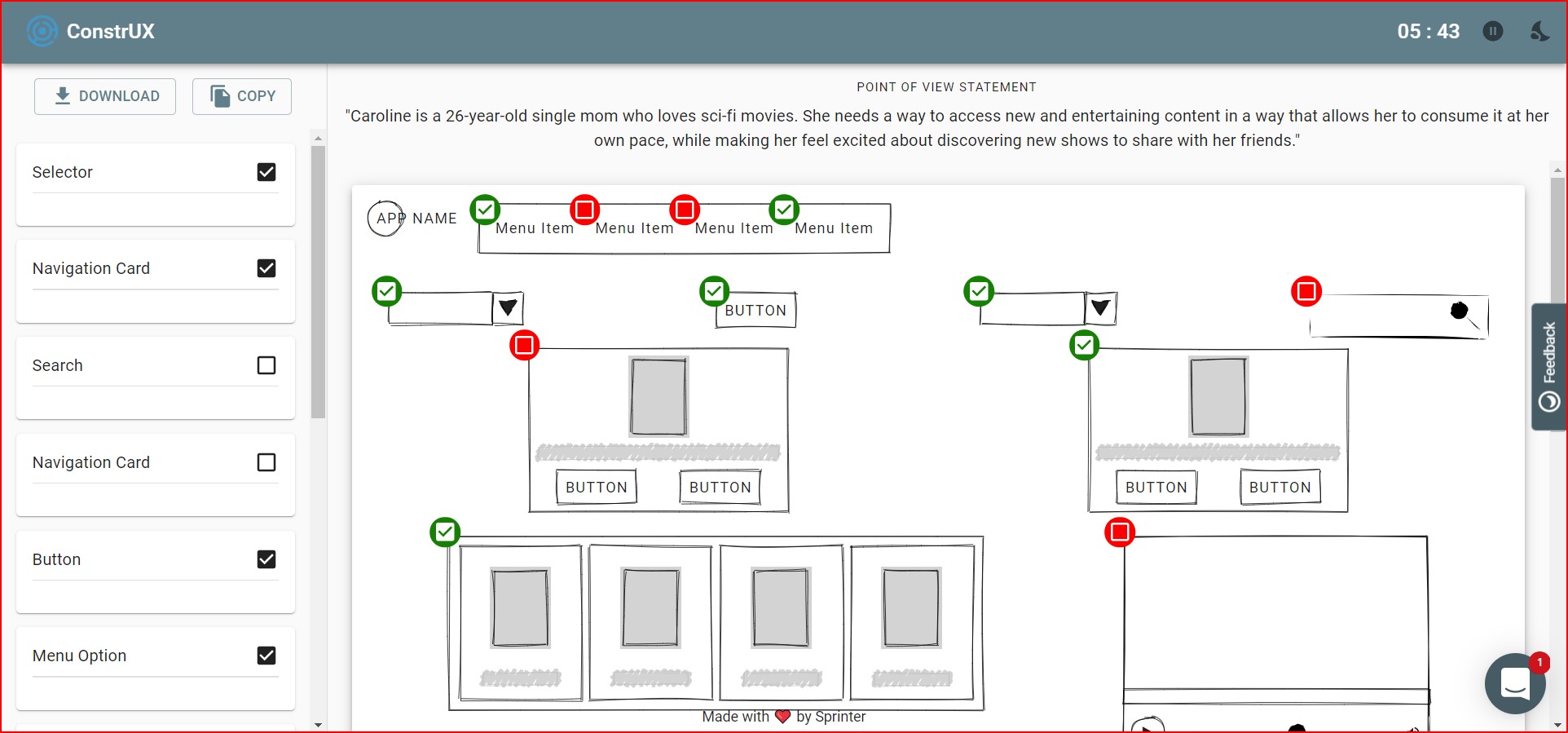The Stanford Prison Experiment & The Power of Prompts
This is our final blog in a three part series looking into the power of prompts.
3 min read
Mitchell Pousson II / September 03, 2020
"The mind is its own place, and in itself can make a heaven of hell, a hell of heaven”-John Milton
Complexity, tribalism, ego, politics.
The roles and titles we choose to accept are often directly influenced by the power of prompts.
They discreetly fuel our sense of identity and the way we perceive others on a near daily basis.
Take the infamous Stanford Prison Experiment for example.
24 randomly selected students were tasked with establishing a traditional prison setting with half of them being chosen as guards and the other half assigned as prisoners.
The experiment rapidly got out of control as the guards became overly involved with their duties and began beating, humiliating, and outright abusing the prisoners.
The trial was supposed to last 14 days but was stopped after just six to ensure the safety of the student participants.
What the experiment ultimately conveyed was prompting's ability to warp human behavior according to our own perceived self-expectations.
The point being—prompts are a powerful tool that can embolden some while trampling others.
So, how can we use prompts to enhance individual contribution and creativity while avoiding the potential negative side effects?
ConstrUX—the new product requirement gathering tool we are launching—allows participants to share their thoughts and insights without meeting any imaginary expectations.

Often times in a workshop setting, participants become so anchored to the ideas of perceived authority figures that they begin shutting down or belittling other team members' suggestions.
We believe this is the wrong way to go about creating a product because it deduces a group's collective perspective down to that of a single individual.
The tool we built allows both designers and non-designers to offer feedback whether they have experience in the problem space or not.
Another cool feature that ConstrUX offers is the ability to save and share exercises upon completion.
This means that regardless of status, authority, or rank, users can spend time individually exploring their ideas and then later share their requirements with the rest of the team.
Recording one's thoughts, opinions, and ideas on paper or other sharable formats is an important way to clearly articulate original concepts before they are influenced by the powerful force of group think.
Similar to the way the Stanford Prison Experiment went haywire due to the guards' blind commitment to authority, the best ideas are often overlooked because the person leading the workshop has the last say by default.
Instead of assigning roles that limit the users' ability to confidently express their ideas, ConstrUX allows everyone to engage on a level playing field without ego or perceived authority hindering their ability to do so.
This is how we help ordinary people dream up extraordinary ideas.